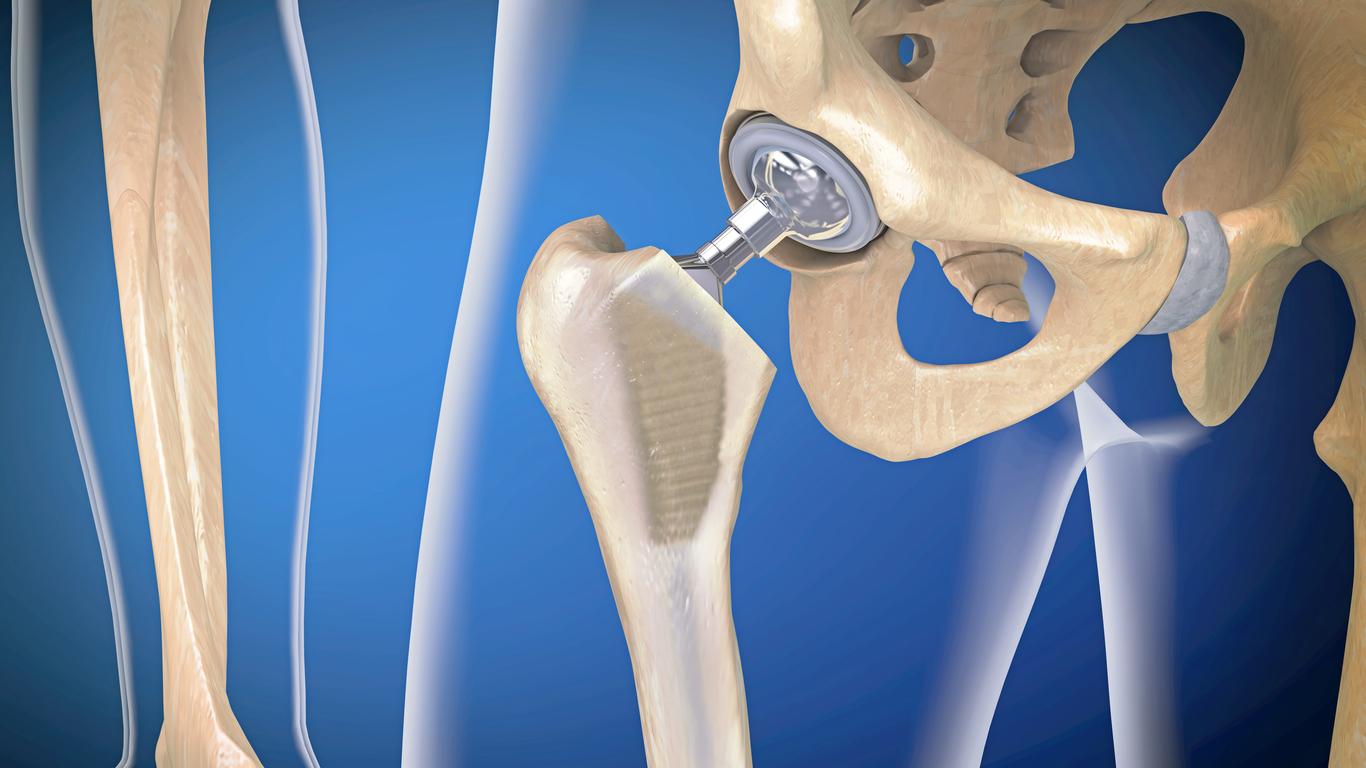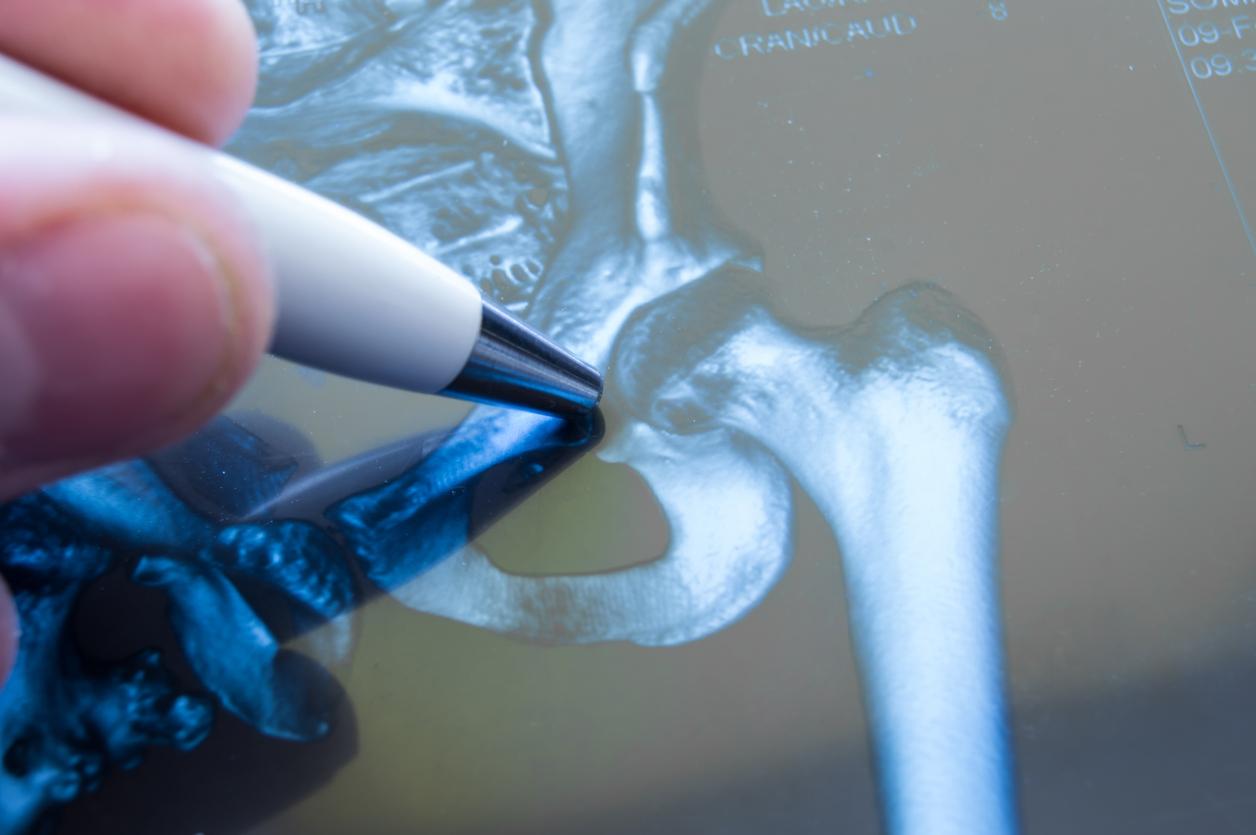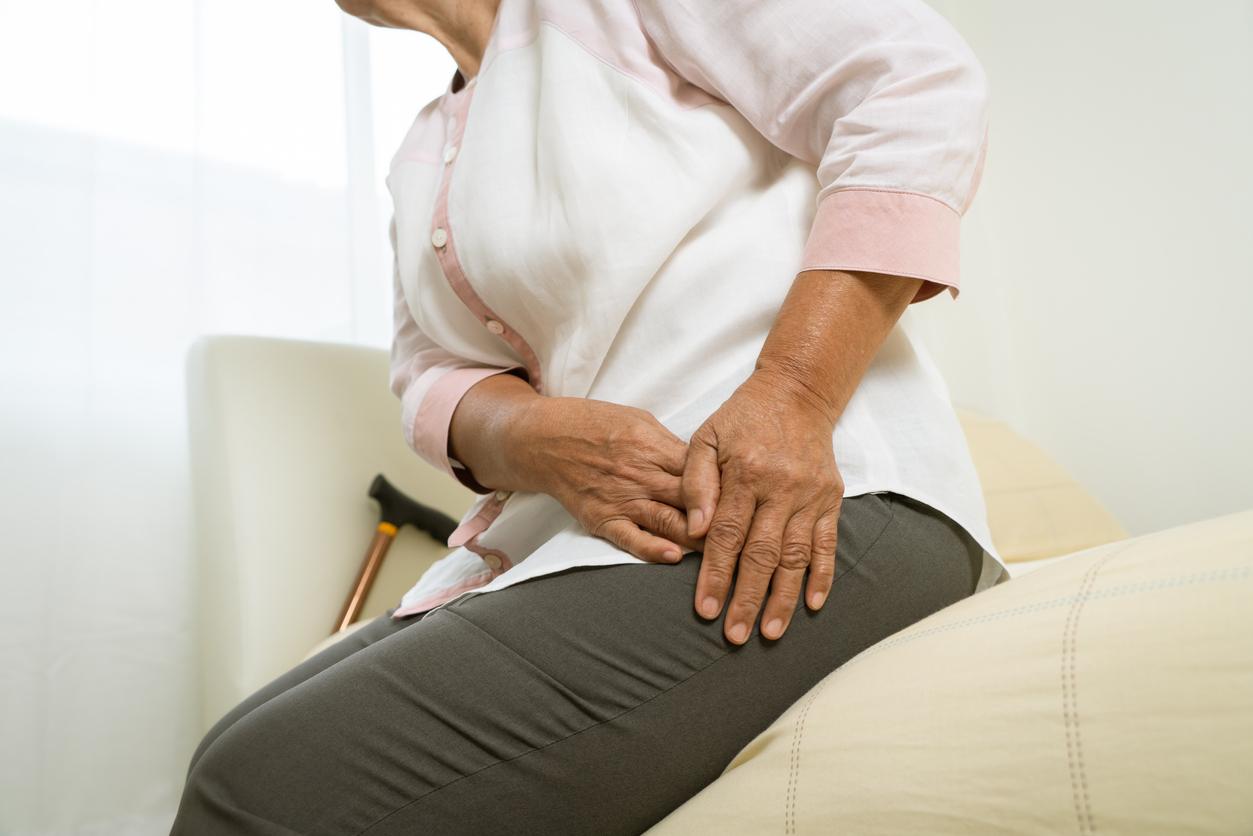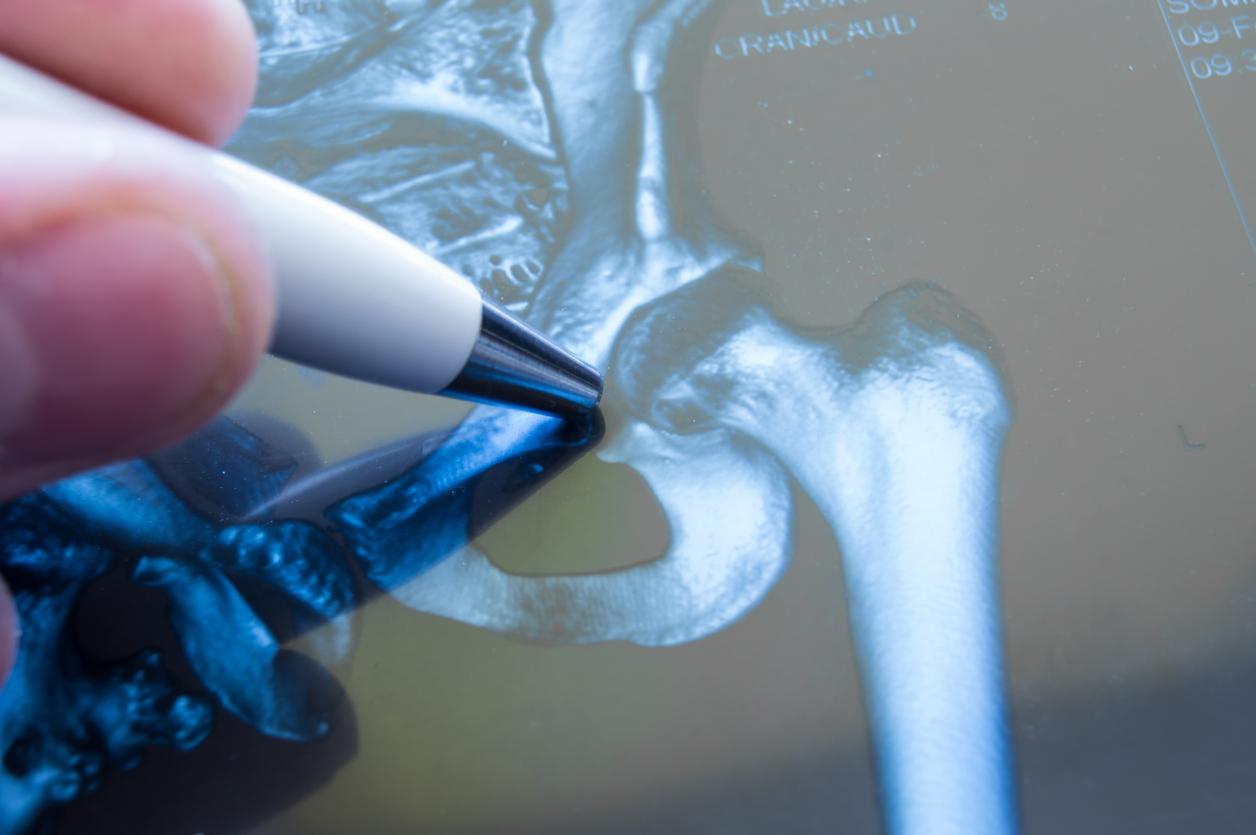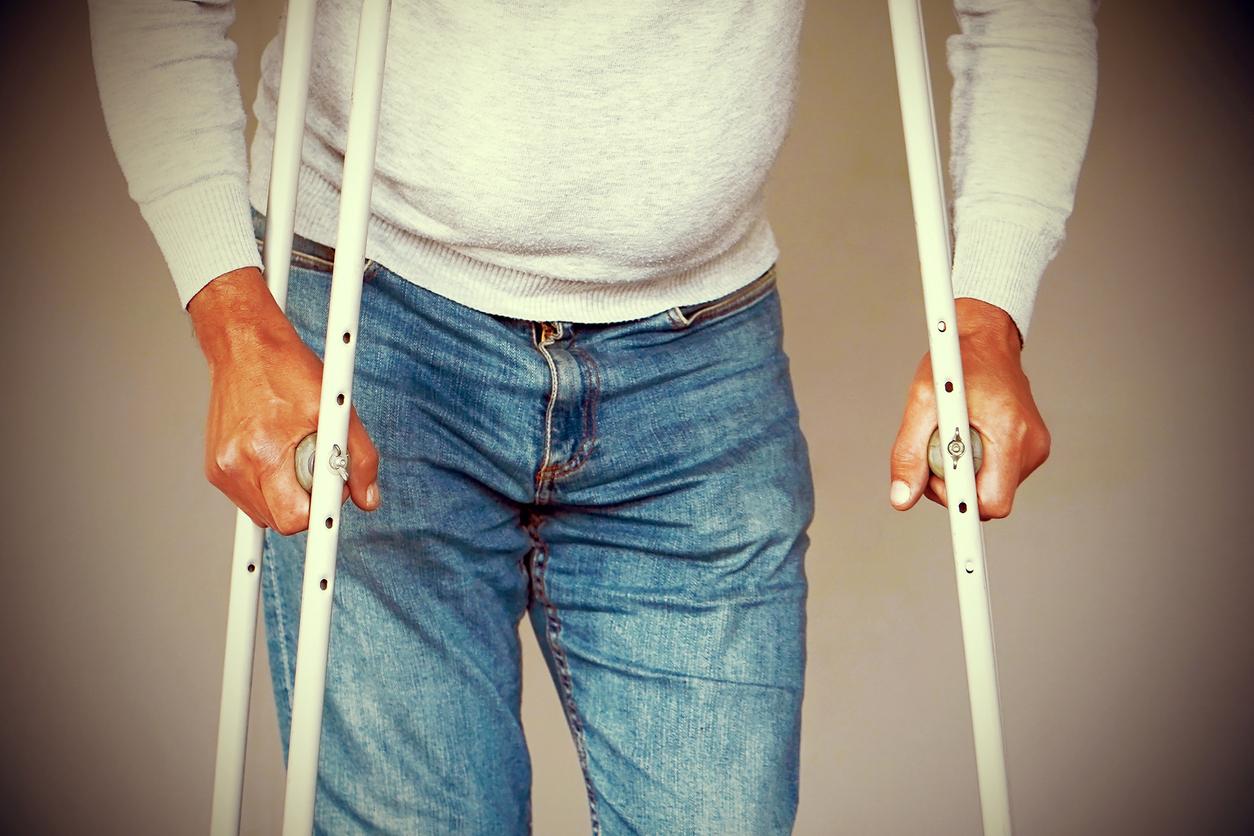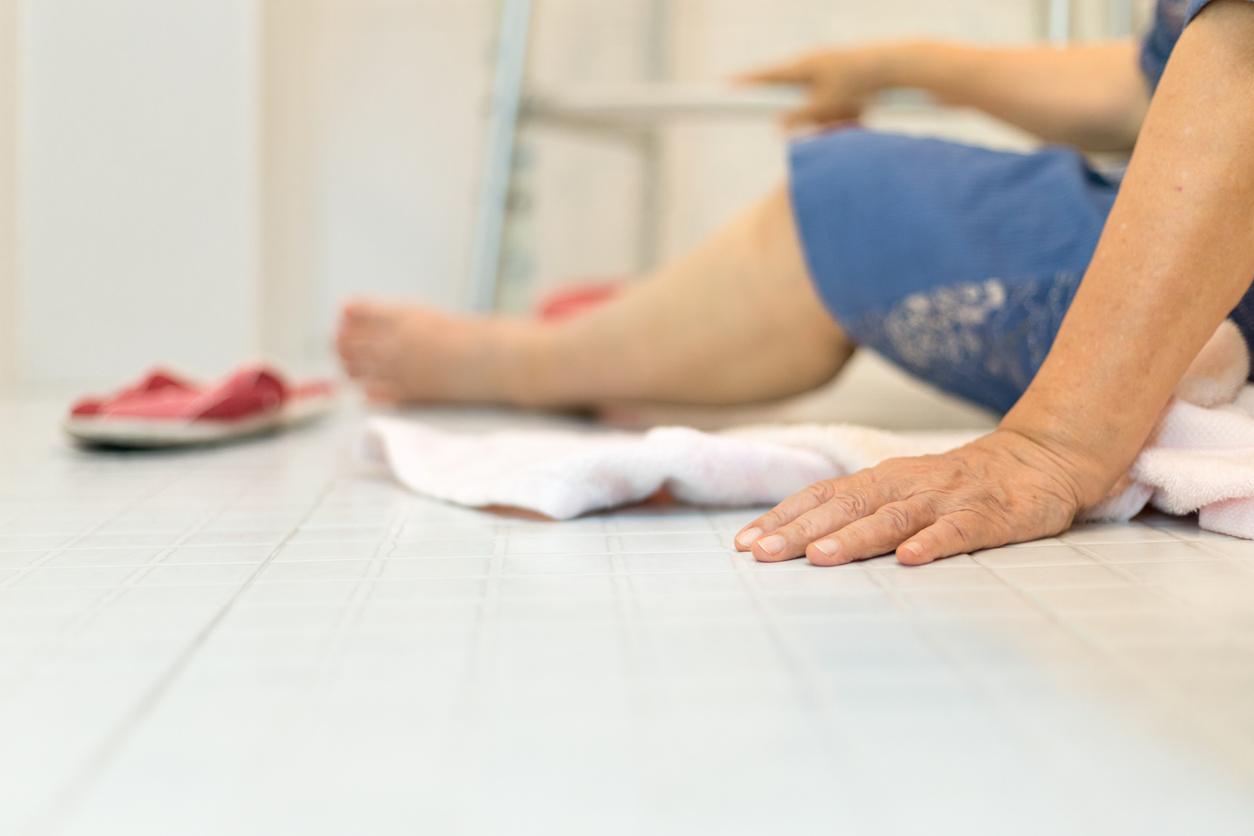
I was born with mild hip dysplasia and FAI cam. About five years ago I had surgery, they sutured my labrum and scraped away bone on my femoral head. Unfortunately I was not 100% pain free after this procedure and the pain has gotten worse over the years. This year I went back to the orthopedist and the scans showed that half of my cartilage was gone.
Since October 26, 2018 I have received a complete hip replacement. The first two weeks I had a lot of muscle pain. I have never taken heavy pain medication, it made me sick. All I use is paracetamol.
Now I am in my sixth week of rehabilitation. I still have quite a lot of pain, especially in my thigh, side of my hip and my knee, but I don’t like it at all. I’ve been walking indoors quite often since Sunday without a crutch, but if I do this for too long, the pain returns mercilessly. Twice a week I get physio, but I have doubts about stopping. My body just doesn’t have enough time to recover between treatments, so I have constant muscle/hip/knee pain.
My questions are:
– is it normal that I still have a lot of pain after 6 weeks of surgery?
– should I reduce the physio because of overload of the muscles?
– is it wise to have my knee taped?
– how long can this pain last?
I am 39 years old and I want so much to live a pain free life so that I can go back to work and do fun things.
Kim
Mark Chen, physical therapist:
Hi Kim,
I can imagine it’s frustrating to constantly walk in so much pain. And you are so young for a total hip replacement! There could/should be advantages to this as your recovery could be faster, but let’s look at everything point by point.
Pain
The pain is “normal” but should be under control or noticeably less than at the start of surgery. Since you will have to build up the load-bearing capacity of the hip after the operation, it is normal that there will be some discomfort, but at the same time, the pain is not intended to affect your general daily life.
Physiotherapy
If you find yourself not recovering enough between sessions, I would definitely consider reducing the frequency. You get stronger during your recovery, not during training! Of course, first discuss your feelings with your therapist and maybe he/she can adjust the intensity of the program a bit so that you recover well between sessions.
tape
Knee/hip taping can certainly be a good option to have a little more support during and between sessions. Preferably use Kinesio tape for this and have it applied by someone who is trained for this. Some techniques can also be taught so that you can apply it yourself in the future.
Pain
In principle, I do not make statements about pain, since pain is difficult to predict. It is also highly dependent on variables that I have no control over, such as emotions, stress, nutrition, sleep, social circumstances, etcetera. Other than that I haven’t done any actual research so I don’t have any good grounds to say anything about that. What I can say is a certain amount of pain is acceptable throughout the rehabilitation phase. The rules I use with my patients are the following two:
- Pain should not exceed a 5 on a scale of 1 to 10 (during exercises).
- If an exercise feels uncomfortable, stop. If the feeling disappears within 30 seconds, then it is most likely not a problem.
I hope this helps. Have a conversation with your therapist so that your frustrations are clear and you can make some adjustments if necessary. Restoring confidence in your body and the rehabilitation process seems to me to be an important first step!
Good luck,
Mark
Do you also have a question? Then ask one of our experts. Always go to your doctor with urgent questions, the experts are not the right person for that. They also do not diagnose. The other conditions can be found here.
Mark Chen is a physiotherapist and NASM trained personal trainer. Since August 2014 he has been working in Phnom Penh, Cambodia. His expertise lies in analyzing and optimizing movement patterns. Dry needling and medical taping are an important part of his vision and training predominates.







